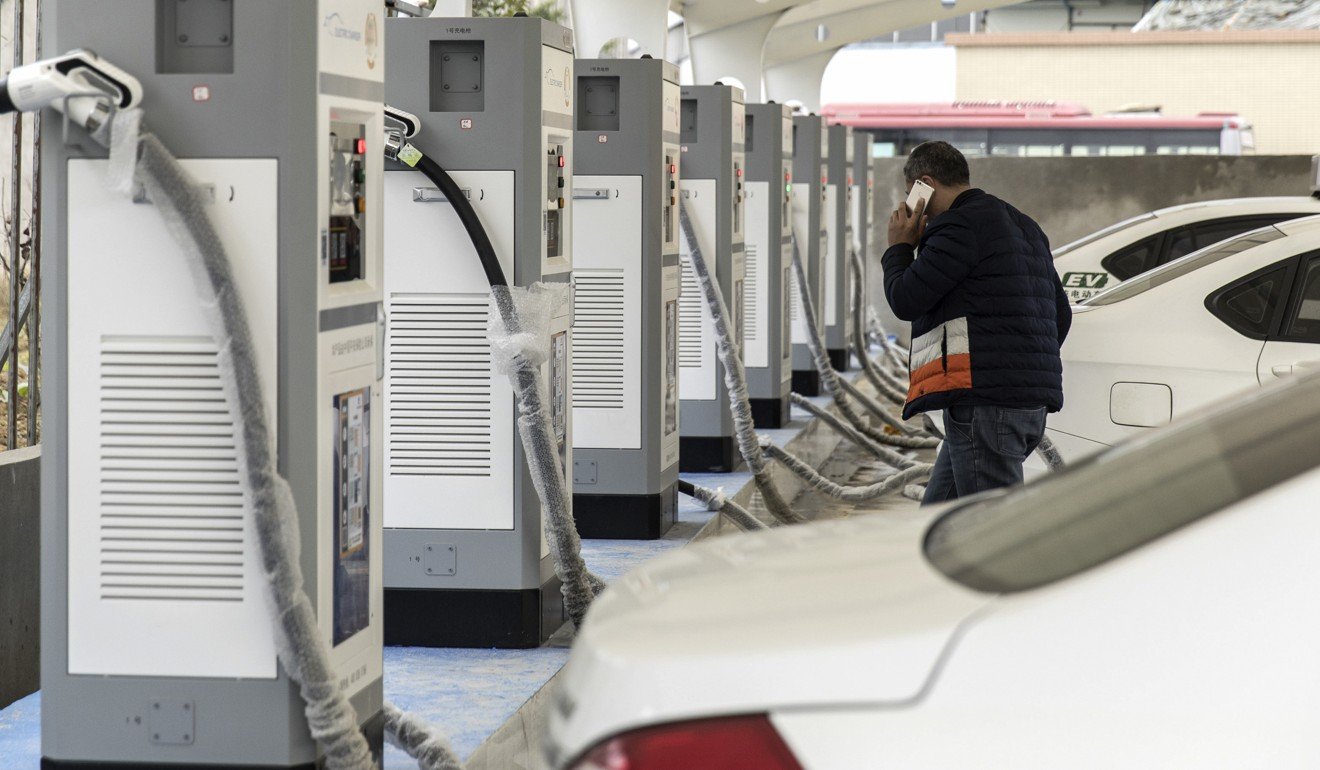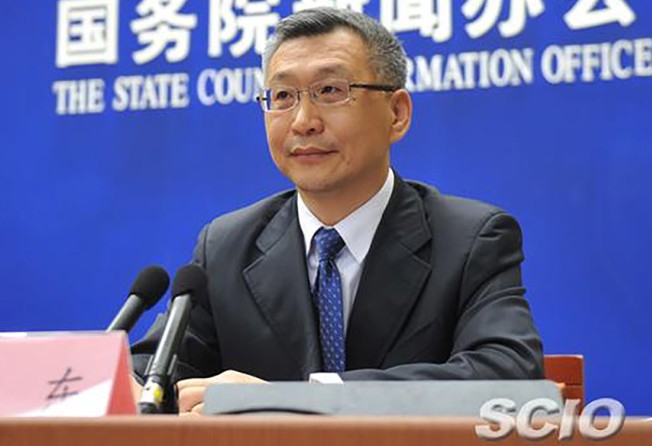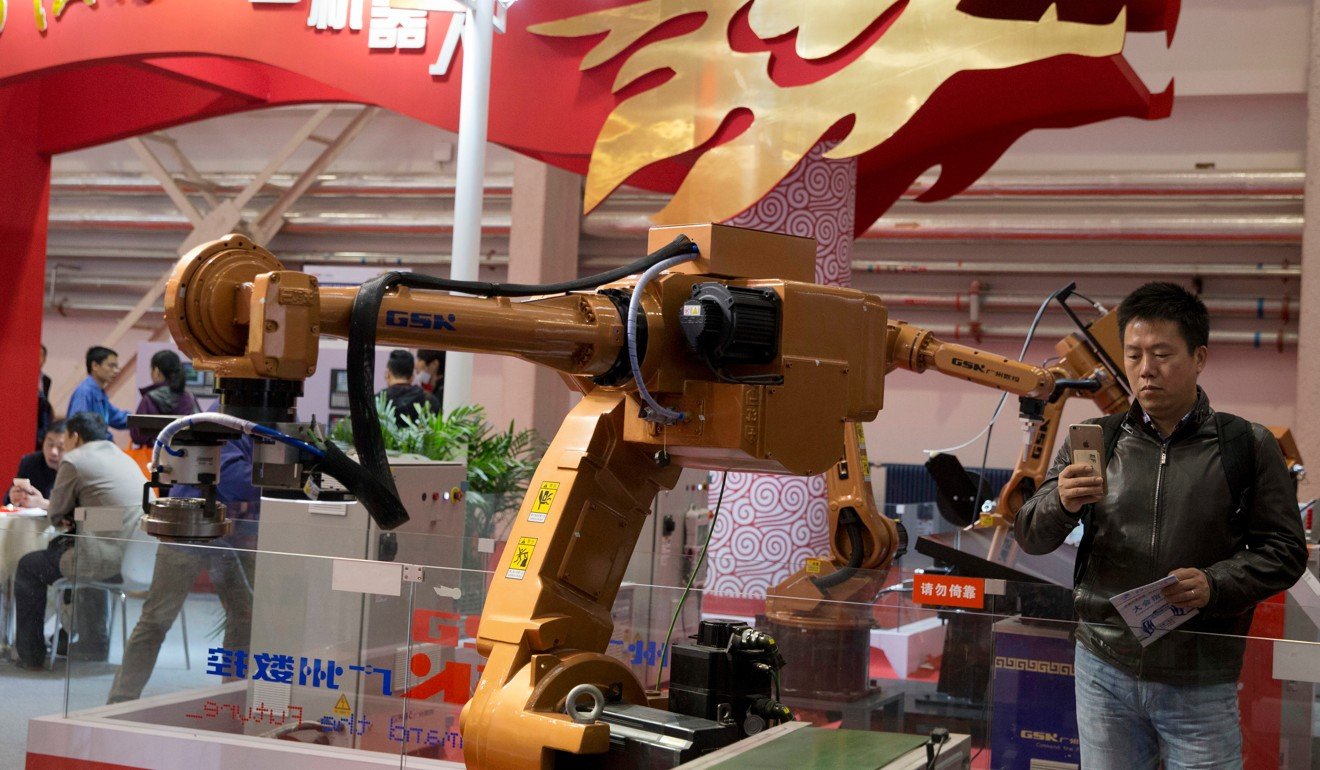
China’s anti-corruption agency questions official who approved ‘Made In China 2025’ vehicle subsidies
- Li Dong suspected of violating ‘party discipline and law’
- Case will be evaluated by officials from outside of Beijing

China’s anti-corruption agency on Monday announced the detention of a party official in charge of implementing operations behind Beijing’s “Made In China 2025” industrial strategy.
The Central Commission for Discipline Inspection said Li Dong, director of the industrial equipment department at the Ministry of Industry and Information Technology (MIIT) in Beijing, was “suspected of serious violation of party discipline and law” – party speak for corruption.
The agency said Li would be subject to a disciplinary review by a State Supervisory Commission team, and then his case would be evaluated by the commission’s Inner Mongolia branch, putting distance between the investigation and the ministry in Beijing.
Li’s responsibilities included approval of subsidies to new energy vehicle manufacturers that build electric cars, buses and trucks for the domestic market.

Beijing described the new energy vehicle sector as key to the development of local manufacturing, with global leadership in technology its goal under the MIC2025 plan.
The industry and information ministry controlled the subsidies to new energy vehicle buyers, which were introduced in 2009 and peaked five years later.
Zhou Dadi, a researcher at the energy institute of the National Development and Reform Commission, said subsidies allowed some low-end manufacturers to enter the market.
“The subsidy is on a per vehicle basis,” Zhou said. “So, no matter how good your vehicle is, you get the same subsidy [as other manufacturers]. That allows many manufacturers of low-quality vehicles [to get away with] relying solely on the subsidy to survive. Their products caused lots of buyer complaints.”
MIIT did not give Li’s personal details on its website, but in August 2008, the ministry made him deputy director of the industrial equipment department and promoted him to the director's chair in May 2016.
Li also became a regular on state media discussing MIC2025.
Chen Yao, a researcher at the Institute of Industrial Economics of Chinese Academic of Social Sciences, said: “The department’s key role is to grow high-end manufacturing [and] that is ‘Made In China 2025’.”

Last summer, Beijing ordered the media to play down coverage of the plan as US President Donald Trump turned his fire on it in the early months of his trade war with China.
However, in March, Chinese Premier Li Keqiang said the country would “work faster to make China strong in manufacturing” but avoided referring to MIC2025.